Cholesterol unarguably was the biggest threat to the health world for many years. Everyone across the world wanted to avoid it at any cost.
As nutrition science advances, it becomes inevitable that cholesterol doesn’t really affect your cholesterol levels. Moreover, it might not be affecting your heart health as well.
According to the US Department of agriculture, there is almost no relation between the cholesterol in your blood and cholesterol in your food.
What is Cholesterol?
Cholesterol is a fat-like substance that is basically present in our body in waxy form. The majority of people anticipate cholesterol to be harmful, however, the truth is it’s very essential for our body to keep functioning at its best.
Though our body is capable of making all the cholesterol our body needs still it absorbs cholesterol from certain food products like egg, meat, and dairy products.
Cholesterol Is Actually Essential
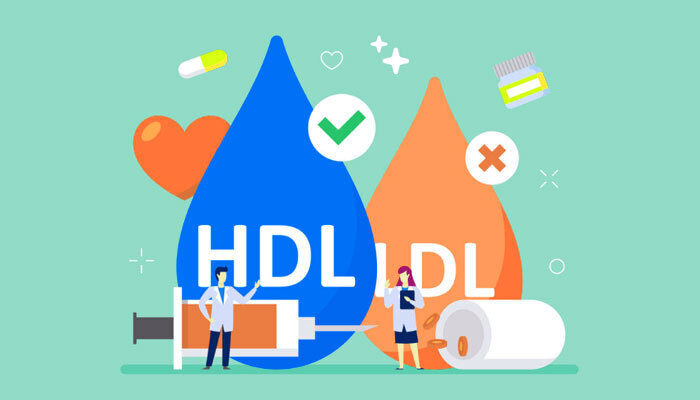
Basically, cholesterol is a kind of fat produced by our liver, which is responsible for creating cell membranes and vitamin C. Moreover, our body needs an adequate amount of cholesterol in order to function.
Cholesterol can be found in various food items yet, it doesn’t mean to affect your blood cholesterol. Though, it’s naturally possible to develop high cholesterol even after sticking to a healthy diet plan. Also, you can have pretty low cholesterol in spite of eating egg yolks, burger, and dairy products all day long.
Low Fat Strategy Can make You Obese
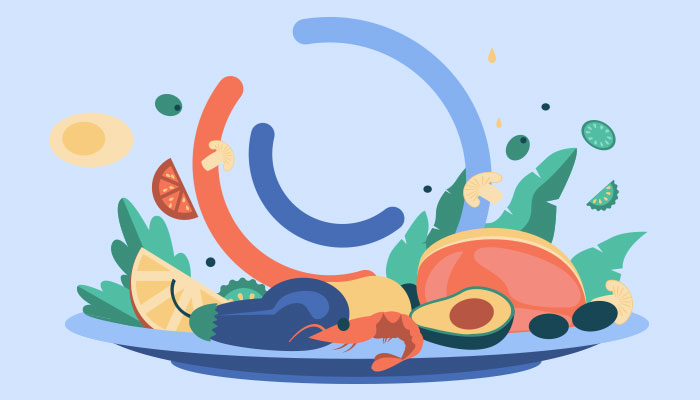
In 1984, the National Institute of Heart asked Americans to cut 30% of dietary fat from total daily calorie intake. The idea was to make every meal with low fat, which generally refers to avoid artificial substitutes of sugar.
So, did avoiding fat actually help? No, in fact, obesity rates were increased, as they ate more man-made fats instead of natural fats.
Nervous System
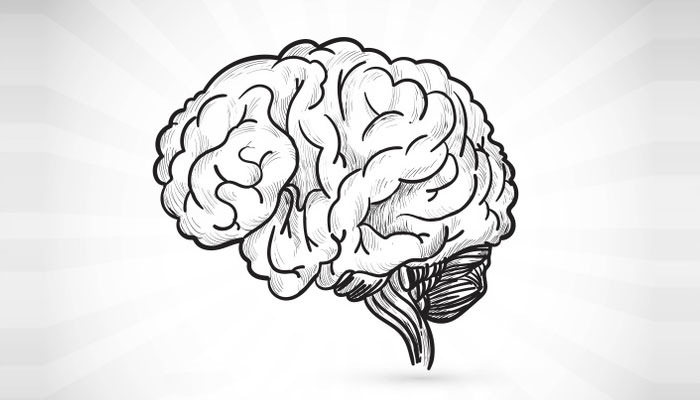
You would be surprised to know that cholesterol is one of the most important components of the human brain. In fact, 25% of the body’s total cholesterol is present in our brain. Cholesterol present in our brain helps in the overall development and protection of nerve cells. Which enable the communication between the brain & the rest of the body parts.
While a certain amount of cholesterol is needed for the brain to function optimally, too much of it can be dangerous. Excess of cholesterol in arteries can be a potential threat to certain parts of the brain, leading to difficulty in movement, memory loss, difficulty in speaking, etc.
Digestive System
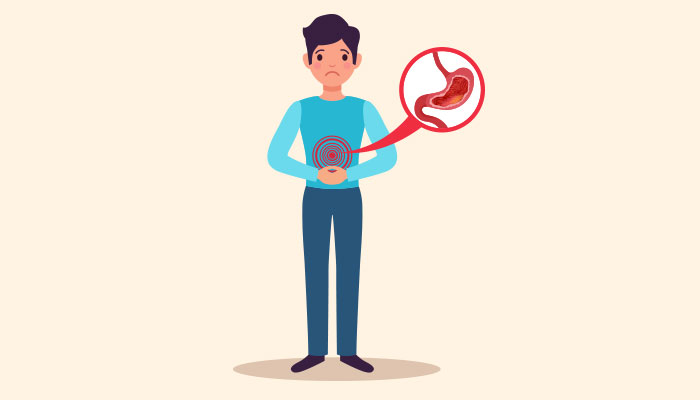
Cholesterol plays a vital role in the digestion process. It is responsible for the production of “Bile”, a substance that assists in breaking down the food and absorbing essential nutrients.
On the other hand, excess cholesterol in bile can form crystals and then stone which can be extremely painful.
Endocrine System
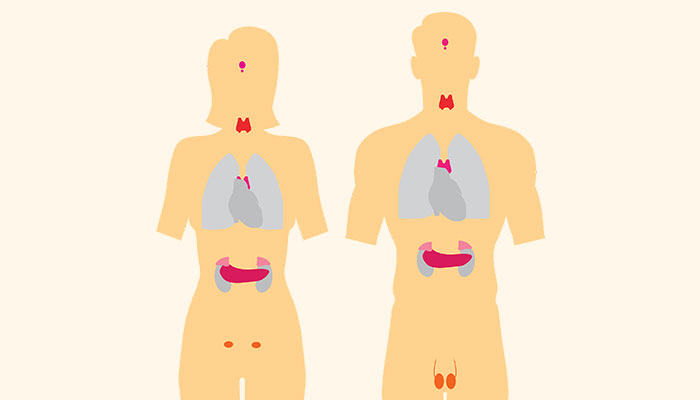
It has been observed that as estrogen levels tend to rise in women during the menstrual cycle, HDL cholesterol level also goes up, however, LDL cholesterol level does down. This becomes the most prominent reason why women risk of heart illness increases after menopause as their estrogen level dropdown.
Excess of thyroid hormone (Hyperthyroidism) leads to a decrease in total and LDL cholesterol. Whereas, lowered production of thyroid hormone has exactly the opposite effect.
Cardiovascular & Circulatory Systems
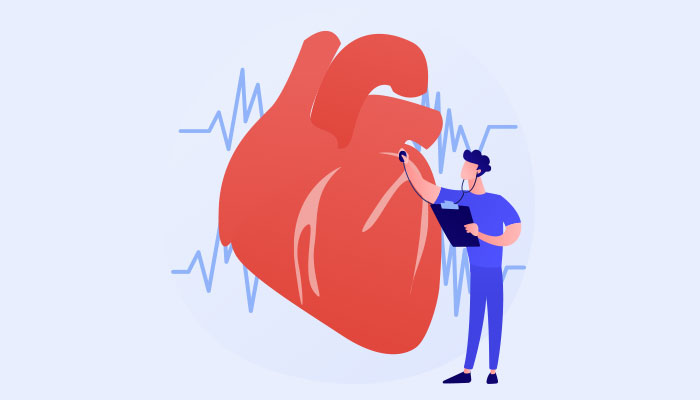
When your body has too much LDL cholesterol it tends to build up, clog, and make your arteries less flexible. This medical consultation is called atherosclerosis. When your arteries are stiff blood doesn’t flow well in your body.
Which makes it hard for your heart to work harder to push blood. Over time, when plaque builds up on your arteries, it can cause several health diseases.
Bottomline
High blood cholesterol levels can be risky for your heart health. However, dietary cholesterol has almost no effect on your overall health.
People must understand that there is no relationship between the cholesterol we eat and the risk of heart diseases.

